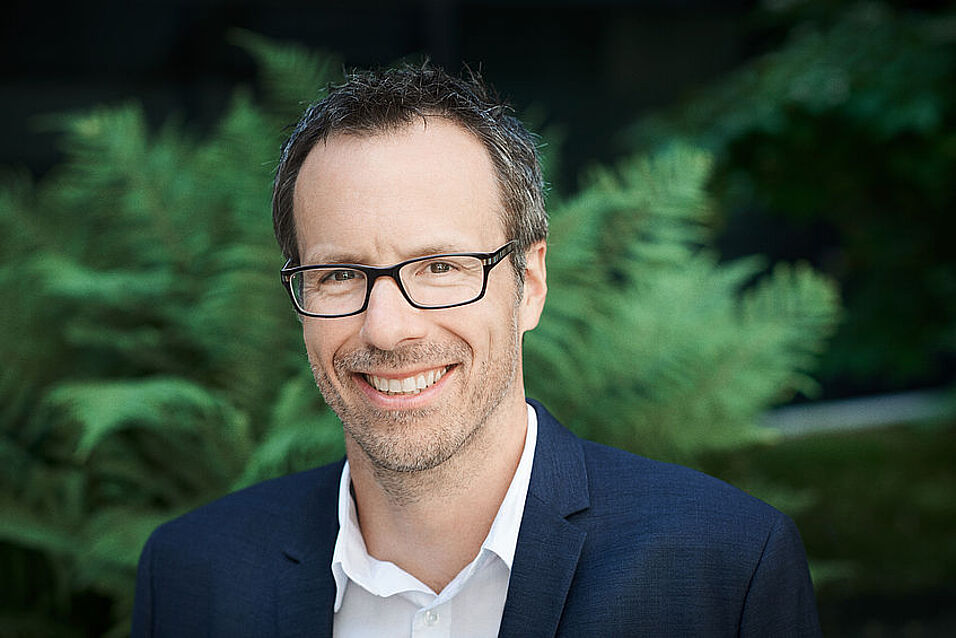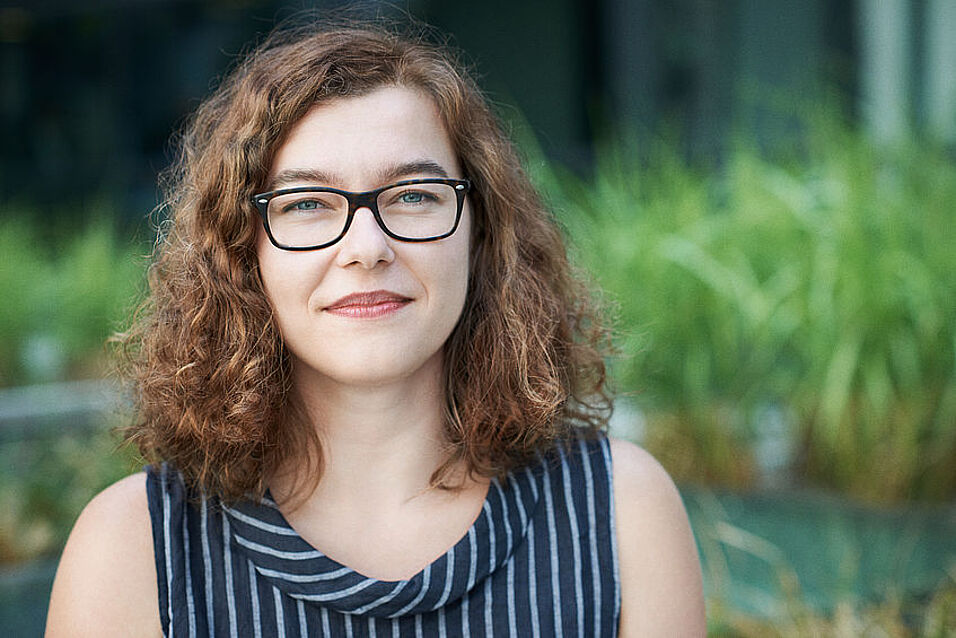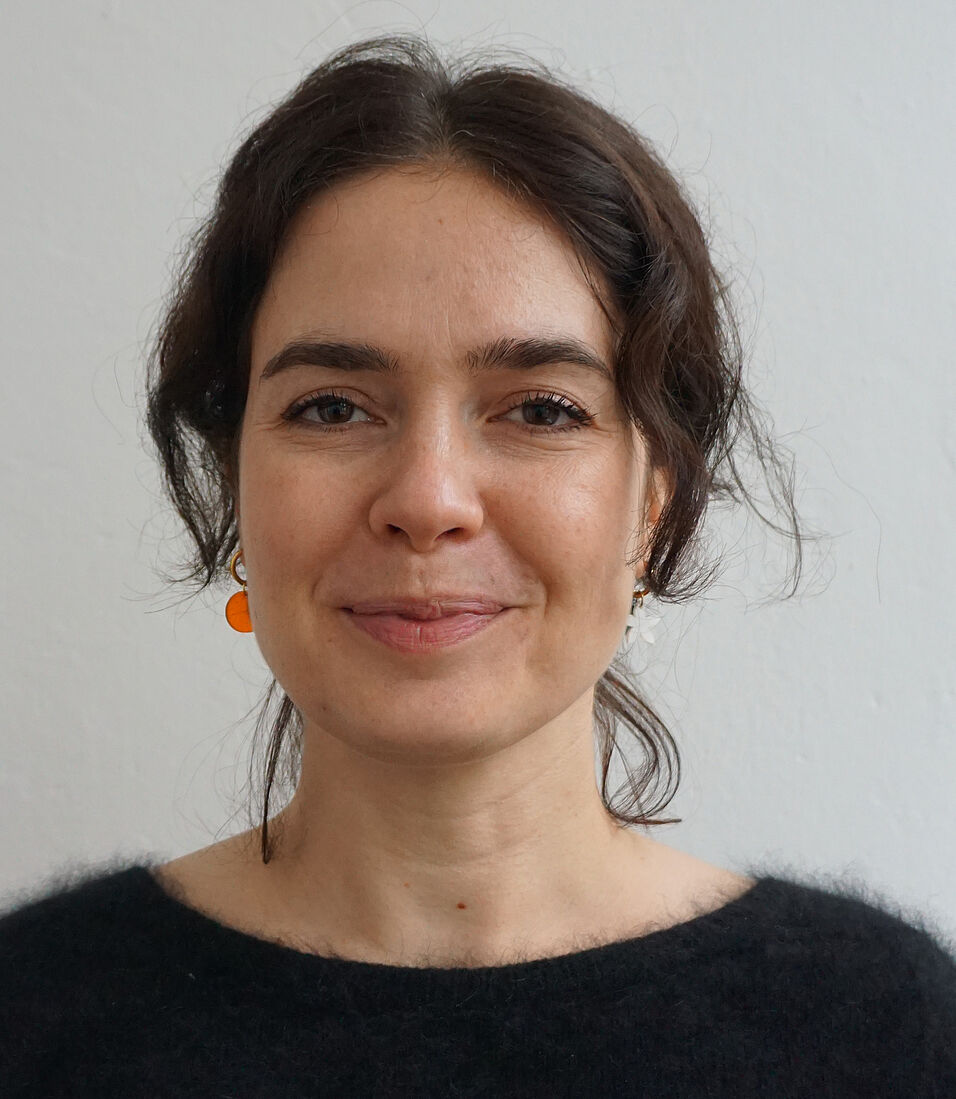Article by Michaela Forrai (✉ michaela.forrai@univie.ac.at)
While advertising and PR industries are growing, journalists experience increasing financial pressures in their work. As a result, the frontier between journalism on one side and public relations and advertising on the other side is getting more and more blurry: Advertorials and product reviews appear alongside editorial content. In the course of a new study conducted by members of the Department of Communication, over 600 lifestyle journalists were interviewed – travel, beauty and fashion journalists feel most affected.
Due to its close relationship with industries like tourism and food service, lifestyle journalism is especially prone to the influence of economic interests: Earlier studies showed that lifestyle journalists avoid writing critically about products and services that are also advertised in their media. To investigate these influences further, Folker Hanusch, Sandra Banjac and Phoebe Maares from the Department of Communication asked over 600 lifestyle journalists from Australia about their experiences with pressure from advertising and PR.
While the respondents overall denied being strongly influenced by the pressure stemming from public relations and advertising, travel, beauty and fashion journalists experienced the highest amount of pressure. Younger journalists and magazine journalists also feel more influenced by advertising and PR than others.
On average, respondents receive 30 emails with PR material every day. Even though only a quarter of the interviewed journalists see these as trustworthy, over half of them obtain information from them. 75% stated that they are transparent about sponsorships, but about half of the respondents would prefer to remain silent about products and services that do not fulfill their expectations. The same number of journalists sees close ties to people working in public relations as important – this might indicate that journalists nowadays tend to perceive PR professionals as experts rather than as a source of pressure and external influence.
"Since surveys are subject to social desirability bias, the results should be taken with a grain of salt", stresses main author Folker Hanusch. "Respondents see people from the public relations industry as useful and as friends. Therefore, it seems likely that PR has a big impact on lifestyle journalists, even if they don't admit it directly.
Publication details
Hanusch, F., Banjac, S., & Maares, P. (2019). The power of commercial influences: How lifestyle journalists experience pressure from advertising and public relations. Journalism Practice. Advance online publication. DOI: 10.1080/17512786.2019.1682942




